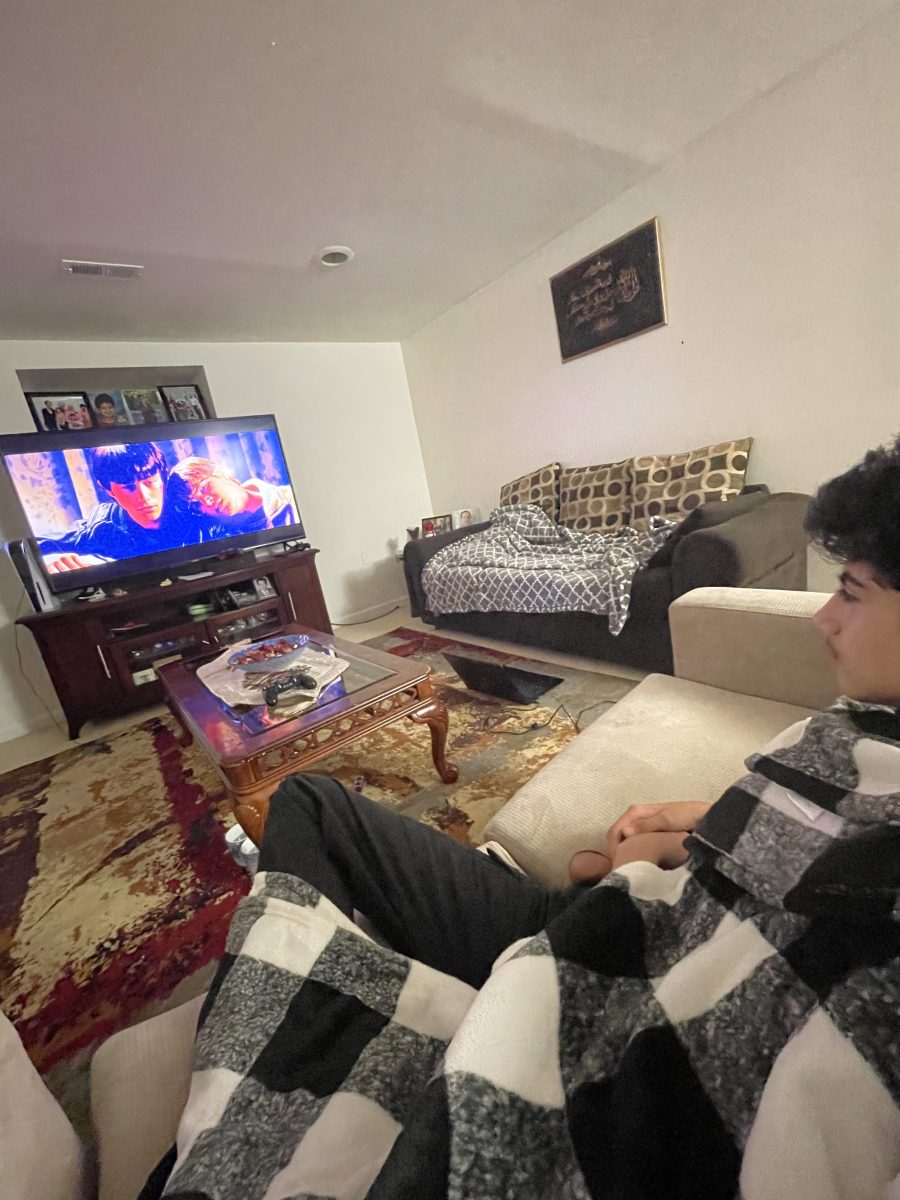Pro- Ava Castelli, Staff Writer
Teachers frequently say that they are “preparing” us for college by giving us loads of homework or grading harshly. What they don’t prepare us for, however, is our future schedules. Recently, some students have suggested that this school should transition into having block scheduling, in which longer class periods meet fewer times each week.
High schools in Montgomery County that have block scheduling include Blake and Blair. Many colleges have some form of block scheduling, which is why it is a good idea to implement it here so students are adequately prepared for the more challenging college experience.
Imagine that we no longer have 45-minute classes every day, but rather four classes that alternate depending upon the day of the week. On Monday, Wednesday and Friday, for example, three or four classes would be 90 minutes. The remaining courses would be Tuesday and Thursday. These classes would meet less often, but this would be supplanted by an hour-and-fifteen-minute long class period to make up for disparity.
Each class would thus have the same amount of time ultimately. Between each long class would be a 15-minute break to eat, use the bathroom or just catch a breath before the next block. Block scheduling would enable students to get used to the college schedule and adjust to the timing of classes. “I think we should have block scheduling because colleges do it and having it now will prepare us for college. With block scheduling it allows for more depth into subjects and more time for labs and learning,” senior Young Kim said.
With block scheduling, there would be more time to do homework and less pressure put on students because it wouldn’t be due until the next class, which is two days later. “It gives a lot more extra time to focus on things. My friends had block schedules and they always had time to manage schoolwork and still go out with friends,” junior Sean Alcicek said.
Another perk of having block schedules is that, if confused about a class, students have more time to get help and schedule an appointment with a teacher. “I feel like with the schedule we have now I can’t get to my students enough or give them enough help or instruction. I feel rushed and if students had more time in class they’d be more dedicated to the art projects,” art teacher Unsil Kim said.
With block scheduling there would be more time for each class period and, although they meet less often, there would be more time to ask questions and fully develop the lessons taught while in class. Blocks allow for more time to process the information and be able to ask questions while still in class.
Con- Rachel Berman, Staff Writer
Imagine: you are sitting in your first period class, your multi variable calculus class or AP language and composition class, on a Monday. Not only do you have a challenging class in the morning, but now since you have block scheduling you would have it for around an hour and a half versus just 45 minutes. Having a block schedule, instead of the current normal schedule, would be a step in the wrong direction due to the disadvantages it causes for students and teachers.
Depending on the day, it could be hard for a student to pay attention in the regular 45 minute class period, so how are we supposed to be able to pay attention for a class period that is an hour and a half? If the teacher decides to lecture for the whole period, which is likely because the number of classes they have throughout the year decreases, it causes the students to lose interest quickly.
Also instead of just missing one day of lecture notes it is almost like they are missing two. When teachers lecture, most of the time they are not doing so in a way that engages the students through asking questions or some other form of participation. Instead, the teachers use this time to read off of a PowerPoint or do sample problems that cause students to drift off and not stay completely invested in what they are being taught. It is “really tiring to sit in a class for a 45 minutes lecture so I can’t imagine what it would be like for double the time,” senior Lindsay Ross said.
Block schedules create fewer classes throughout the year. Students will still have seven classes plus lunch, but instead of having all these classes in one day, they will now be split up into three or four classes a day (still including lunch).
Some may not realize this, but this new form of scheduling would be a huge disadvantage to teachers as well. Teachers will now have to plan for not only one class period, but two. Since the class period is now double the time, teachers would have to plan out the content that can be taught in this period, which is definitely more than what could be taught in one class period. Teachers will now be under more stress to come up with a lesson plan that students would be able to follow and pay attention to, but also not so much content that they get way ahead of schedule. Having “to learn double the information would cause me to be more stressed out,” senior Zack Lechner said.
Many schools throughout the country have taken on this form of scheduling for their schools. Block scheduling is not the best option. A better proposal is what Frost has done: each class would still be 45 minutes, but the schedule rotates periods everyday so that no day is the same. This schedule allows for variation and kids do not always have the same class first, which could actually help increase grades. “I liked the schedule that Frost had and it was nice to rotate classes,” freshman Jamie Stern said.


















